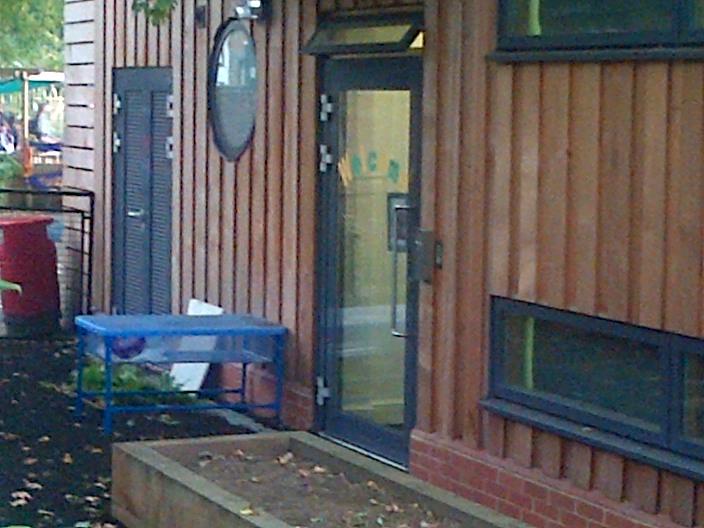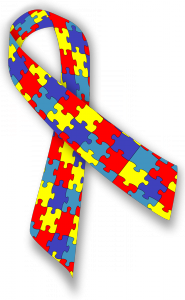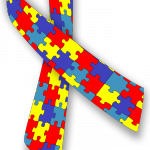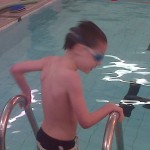
Autism Awareness and Education
Sorry about the odd title but this is one of those opportunities to write a more personal blog about autism than usual.
As you may know we have a seven year old son who was diagnosed just over four years ago with what can be described as classic autism. Pretty much since the day of his diagnosis on 1st September 2009 (around 11.00am) (yes I do remember without having to look it up) he has been in the education system here in London, England.
Just before his third birthday (I should mention that he showed serious regression around his second birthday) he entered a kindergarten/nursery which catered for pre-schoolers with autism. What was novel, at least for me, was the nursery was part of a mainstream school. Referred to as a ResourceBase it provided a specialist autism unit which existed within and was supported by the mainstream primary school.
The hope was that pupils in the unit would move on at the ages of 4-5 to a mainstream school, having been provided with the tools to be able to cope in such an environment.
Our son, after two years at the unit, progressed to our local primary school. The first year, we all felt, was a success for him and the school. However, he experienced a great deal of difficulty at the age of 5-6 dealing with the more formal instruction provided by the school after the initial year. I have to say here that both his teachers and his support workers were absolutely brilliant but it was felt, and we agreed, in the short to medium term that our son would benefit from more specialised support.
So you can imagine our delight when we found out that another school in the areas was providing the same ResourceBase education. This time for children aged 4-11. After a certain amount of waiting around he was offered a place. The key thing about this approach to educating ASD children is that, while they are based in a specialist unit, around 50% of their time is spent in mainstream classes with their own age group.
While the transition from mainstream to specialist unit has been hard, (he hates changes in routine!) we have found, two and a half months in, that we now see some real improvements.
Firstly he no longer cries when he has to go to school. Yes, a bit of complaining but nothing like the previous school. Secondly he is starting slowly to make some advances in academic work. Indeed this morning on the way to school he asked me how various words were spelt. You cannot imagine my delight – this has never happened before. Unless you count his discussion about numbers yesterday afternoon.
That being said, making friends still seems to be hard. He does seem to prefer the company of neurotypical children.
So, all in all, for our son the middle path between mainstream and specialist school seems to work.
So what about you? I’d be really interested in finding out a bit more about how our readers with autistic children have fared in the education system. You may wish to think about it in terms of the following questions:
a) What was the exact diagnosis of your child and at what age were they diagnosed?
b) How would you describe their overall profile in terms of behaviour and cognition? What are their biggest challenges?
c) What sort of education have they received? Do you follow any particular strategies both at home and at school?
d) Have they changed schools during their education because of their ASD? Please tell us how this transition has worked out.
e) How would you, in a perfect world, have had your child educated?
f) What advice about education would you give to somebody who has just has their child diagnosed with autism?
Please feel free to use the comments box below to share your child’s educational story. You can read the first part of our autism and education series here https://patienttalk.org/?p=977
Thanks very much in advance.




